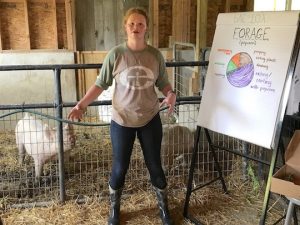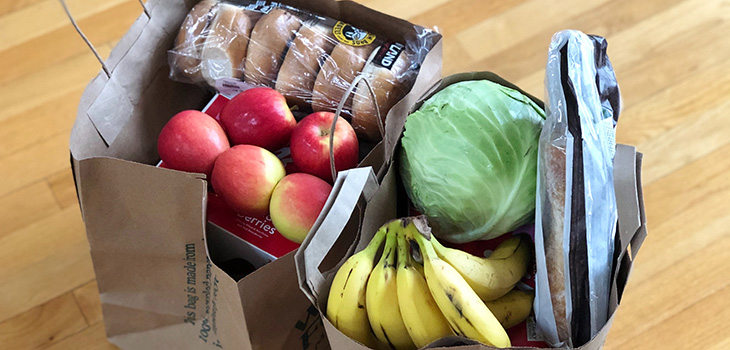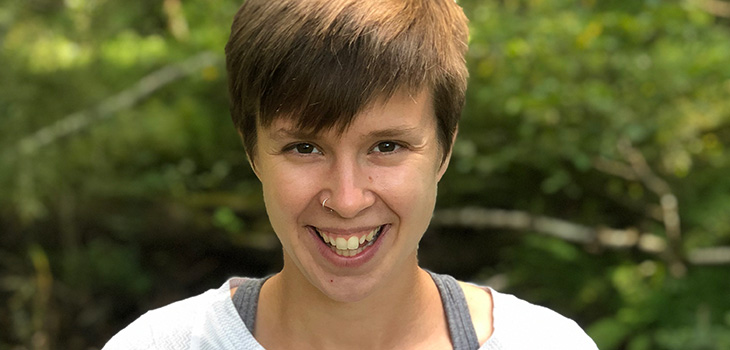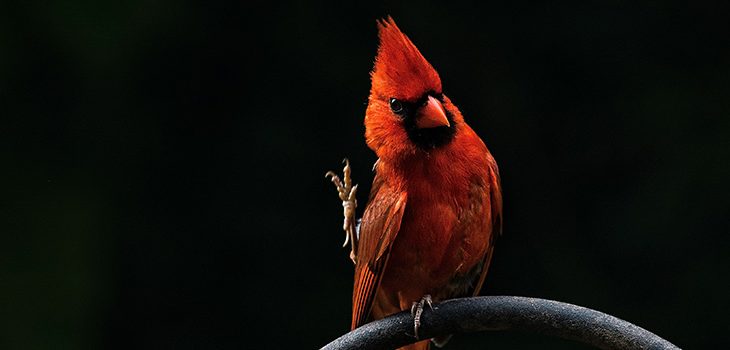 Imagine you were kept in the same room 24 hours a day with nothing in particular to do except eat. Human beings would experience a rapid decline in both physical and mental health under these circumstances. Most farm animals live limited lives like this.
Imagine you were kept in the same room 24 hours a day with nothing in particular to do except eat. Human beings would experience a rapid decline in both physical and mental health under these circumstances. Most farm animals live limited lives like this.
Animal husbandry
This is why playing with pigs is part of Merry Lea’s Agroecology Summer Intensive. During a course in animal husbandry, students take turns caring for the animals and learning to understand their needs. This includes milking goats, moving cattle from pasture to pasture, imagining ways to keep chickens safe from predators and keeping pigs happy.
While Merry Lea’s pigs have access to an outdoor pen where they can root in the mud to their content, it is still not quite the lifestyle their wild ancestors lived. They don’t roam through forests for acorns, swim rivers or compete for mates. Intelligent animals like pigs are particularly in need of enrichment.
Olivia Downey, a rising sophomore from Purdue University, was particularly taken with the pigs. She focused a project on animal enrichment, coming up with an exercise designed to stimulate and engage them.
Seeing through animals’ eyes
Olivia began her project simply by watching the pigs to see how they spent their time. Charting these observations enabled her to see what kinds of enrichment might be most beneficial for them. She then designed a toy for the pigs out of PVC pipe. When rolled, bounced or nuzzled, the toy could dispense popcorn, blueberries or other treats. Olivia observed the pigs playing with her toy and again charted her observations. The pigs were definitely having a good time!
ASI students often list learning to care for animals as a highlight of the program. They use words like “rewarding” or say that the animals taught them patience. Simply paying attention to other species’ perspectives seems to change their own worldview. Trying out these small acts of care-taking is a reminder that human beings hold the fate of other species in their hands.



